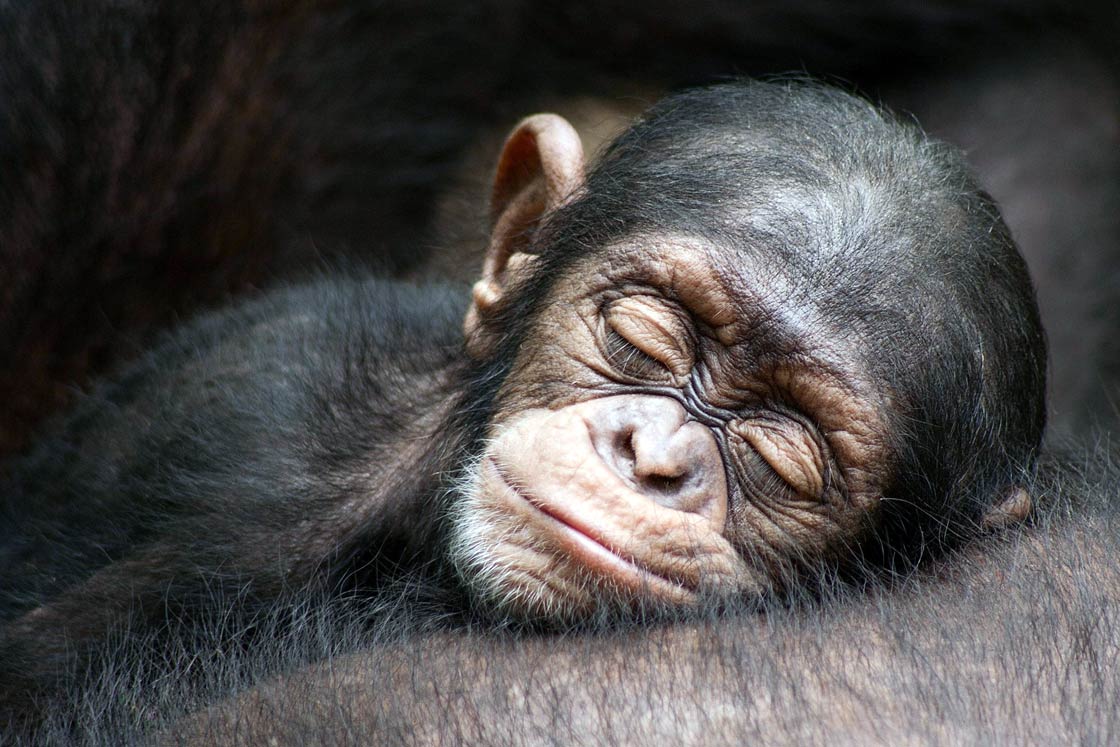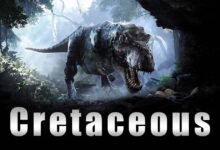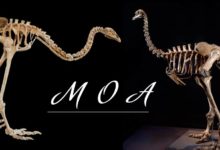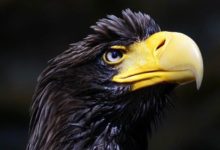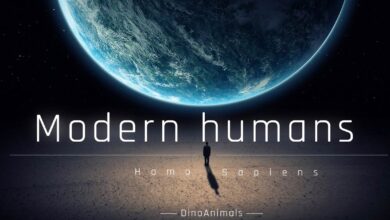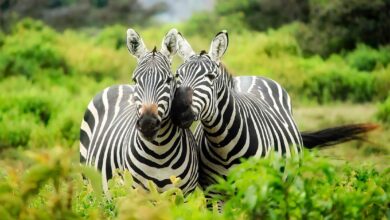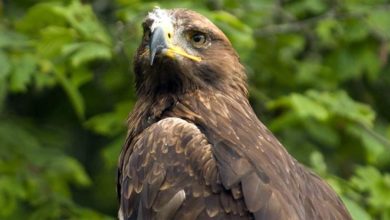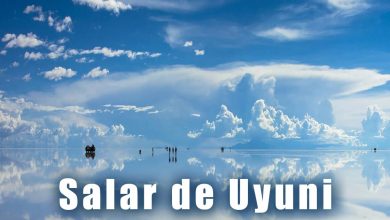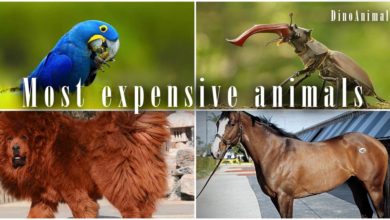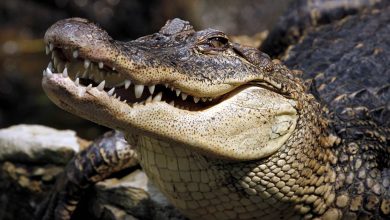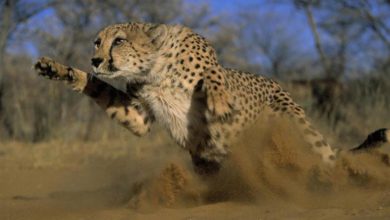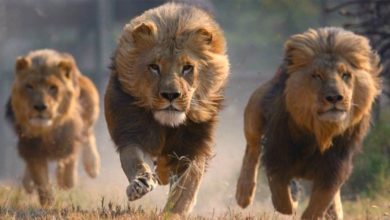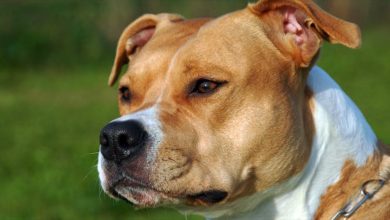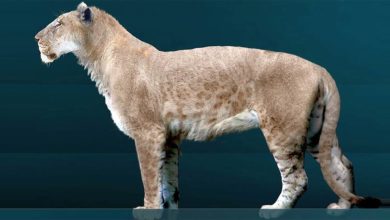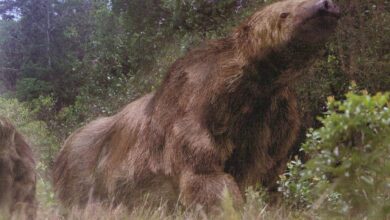Sleep in humans and animals
Without sleep, we become irritable, we have problems concentrating and remembering, and we have problems with our health. Nobody doubts that sleep is important. However, we do not really know why.
Sleep is still the subject of intense research by scientists. We still do not fully understand why sleep is so important, and even how the brain functions properly during sleep. We also do not know why some people sleep 10 hours while others sleep half as long. We also do not know why some animals sleep several hours a day, and some do not do it at all.
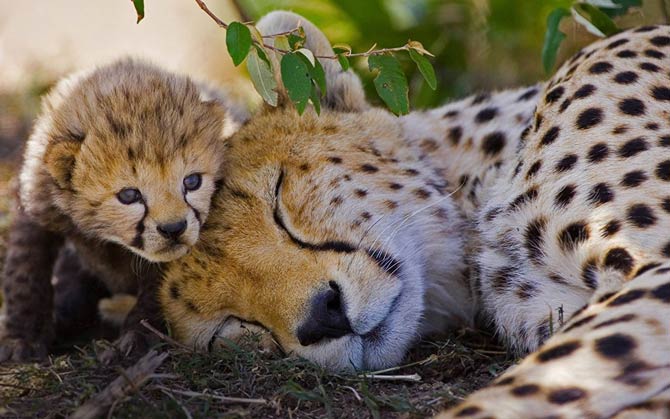
Hunger and drowsiness
Sleep is one of the body’s basic needs. Everyone notices that they have a certain need for sleep that they must satisfy if they are to feel crisp and relaxed. Sleeping well makes us happier, more active and more able to function effectively in society. However, this is only part of the explanation of why we need sleep.
The body can demand sleep very intensively. It can even be compared to hunger. Hunger is a very important protective mechanism, telling us that the body lacks the right amount of nutrients we need to grow and function. Hunger is a very unpleasant feeling that we try to satisfy as much as possible. Similarly, then it must be with sleep, since there comes a moment when our eyes close and we find it difficult to focus on the simplest activities.
However, while we know that hunger serves the needs of nutrients, we do not know what actually satisfies sleep.
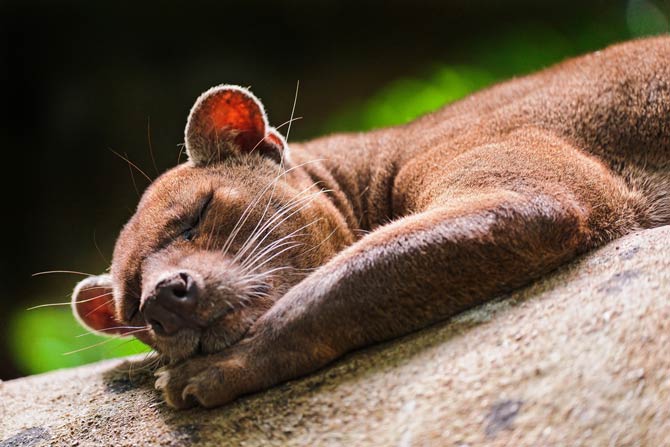
Sleep and dreams
Today we know animals that never sleep – they belong to this group, for example, salamanders and roaring frogs. However, these animals have a specific life cycle that includes a short period of activity and a long period of rest (hibernation or estivation (aestivation)). Among reptiles, however, sleep is already observed; they even have slow brain-wave rhythms, similar to those observed in humans during deep sleep.
In the birds and mammals, whose brains are the most complex, sleep is normal; they also have phases of sleep. In animals of these groups, there are probably also dreams, the existence of which we can guess by observing, for example, a sleeping cat or dog. What are they for? It is assumed today that in this way the brain tries to organize the chaotic discharges of neural networks. Dreams are a side effect, which reflect experiences during the active period. Therefore, if we have had a stressful day, our dreams will also be full of anxiety.
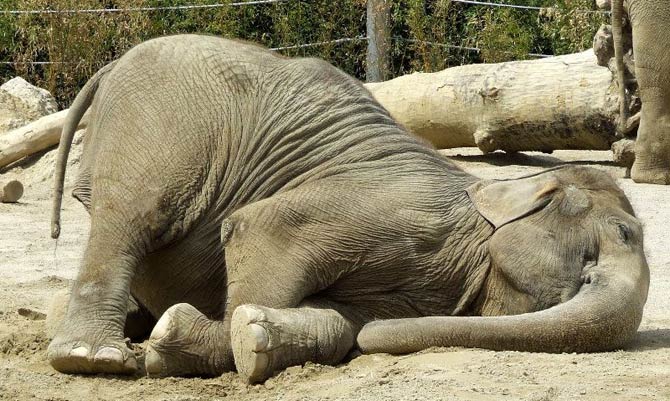
The importance of sleep
Scientists try to find out what sleep means in different ways. For example, they are trying try to make sleep deprivation* (constant failure to meet a biological or psychological need, it is one of the main sources of stress alongside disruption, congestion and danger) in animals (or human volunteers) to study its effects. They also try to monitor the functioning of human and animal organisms to get as many answers as possible to questions about functioning during sleep. Although our knowledge on the subject has significantly expanded, the answer to the question “Why do we sleep” remains open.
Of course, that does not mean sleep research is a waste of time. After all, we know how important sleep is for our health and for the popularly understood “regeneration of strength”; we also know the different types of sleep disorders, their effects and how to prevent them. In addition, research can help scientists develop evidence-based theories about the importance of sleep. Of course, it is possible that each of them is true to some extent. Knowing the answer to the question posed in the title will undoubtedly be of great importance for our health and even life.
Sleep deprivation, also known as insufficient sleep or sleeplessness, is the condition of not having enough sleep. It can be either chronic or acute and may vary widely in severity.
*Sleep deprivation – a chronic sleep-restricted state adversely affects the brain and cognitive function. In a subset of cases, sleep deprivation can, paradoxically, lead to increased energy and alertness and enhanced mood; although its long-term consequences have never been evaluated, it has even been used as a treatment for depression.
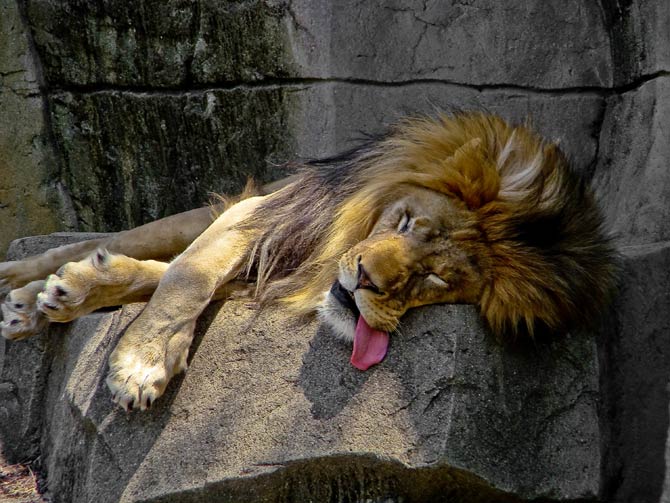
Sleep – energy saving theory
One theory about the role of sleep is that it serves to reduce the body’s energy use. During sleep, the body practically does not move, and body temperature drops. Proof of this theory would be the fact that in areas where access to food is difficult, people spend more time in activities to obtain it, but then spend relatively more time sleeping. Reducing the rate of metabolic changes and keeping them at the lowest necessary level reduces energy consumption.
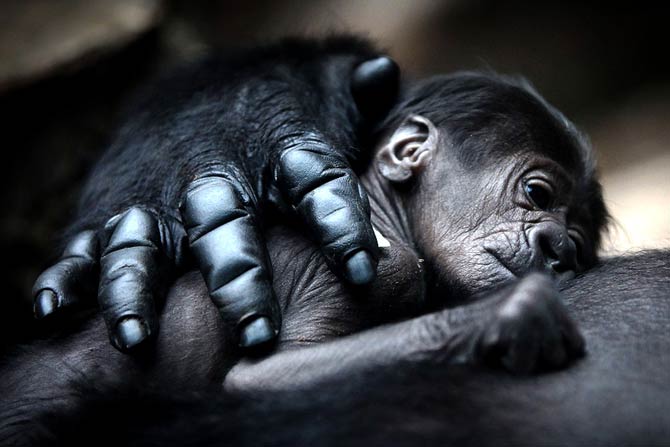
Sleep – repair theory
It is popular to say that sleep helps you regain your strength and that you feel stronger and fitter after sleeping. This deeply held belief is indeed grounded in science. During sleep, when the body is not actually taking up any major activity, the body’s rebuilding processes can take place more intensively; the efficiency of the immune system is also improved. Also during sleep, more intensive growth of muscle tissue takes place, tissue regeneration in case of injury, and the rate of protein synthesis increases.
The cause of drowsiness is also related to the activity of the nervous system. When awake, neurons in the brain produce adenosine, a by-product of their activity. We feel the increase in its level as fatigue. This feeling can be suppressed temporarily with stimulants such as caffeine, which blocks the production of adenosine. As long as we are awake, the level of this substance increases. During sleep, the body has the ability to get rid of its excess. The more effectively the amount of adenosine is limited, the more refreshed we feel when we wake up.
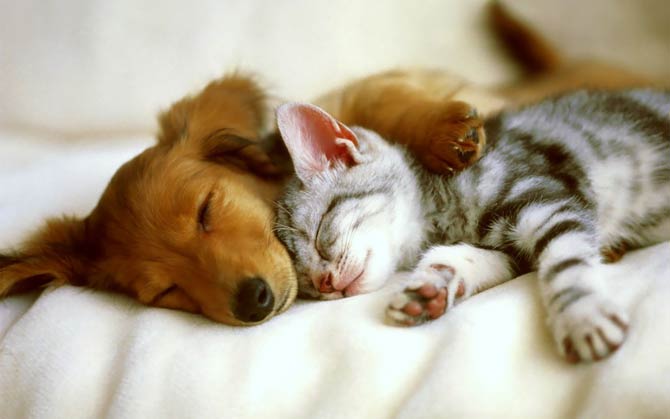
Sleep – the theory of brain plasticity
One of the newest and most relevant theories about sleep is that sleep is related to changes in the structure and function of the brain – a phenomenon known as brain plasticity. It is not well understood, but there are serious reasons to associate it with sleep.
It has been known for some time that sleep plays a huge role in brain development in babies and young children. Babies sleep as much as 13-14 hours a day, half of the time the brain is in REM sleep. A similar relationship is observed in adults – sleep and its deprivation are related to the ability to learn and multitask.
However, the theories listed are not universally recognized and remain unproven. In addition, science still does not fully know what happens to the body while you sleep, and how the body controls how long you sleep and when you wake up. Science still has a lot to discover when it comes to sleep.
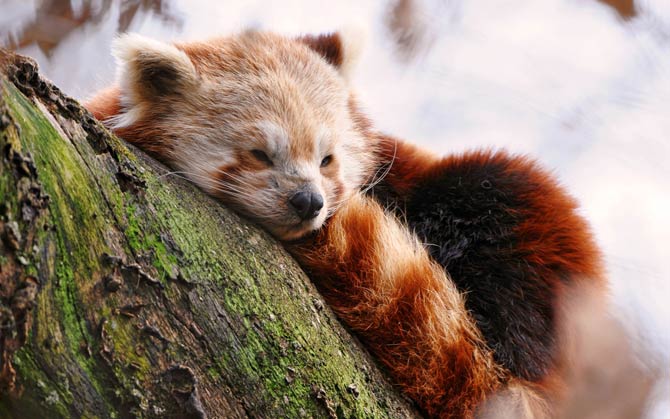
Animals’ sleep length
- Sorex – less than an hour
- Elephant – 3-4 hours (night)
- Dolphin – 5 hours
- Wild cat – 13 hours
- Squirrel – 15 hours
- Sloth – 10-16 hours
A detailed overview of animal sleep can be found in the article: Animals’ sleep.
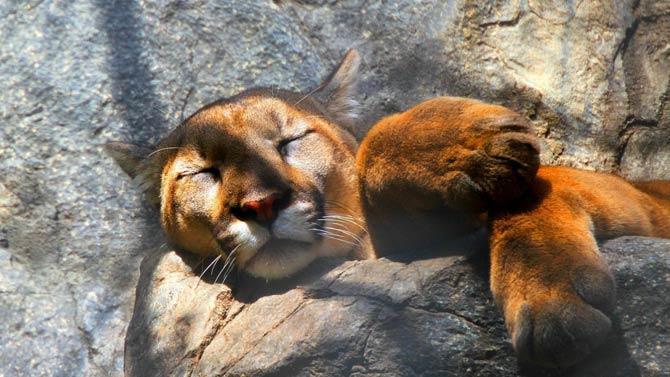
Animals’ sleep – interesting facts
- The longest officially recorded time without sleep in a human is 266 hours. The record holder is Tony Wright, who underwent a medical experiment.
- The length of sleep in humans fluctuates greatly. Winston Churchill slept about 12 hours a day. Meanwhile, Thomas Edison slept only 2-3 hours, taking a short nap during the day.
- After two days without sleep a person behaves as if they had 1.5 per mille of alcohol in their blood; the effects on the body are similar.
- Research has shown that negative dreams far outweigh positive dreams.

Recommended
- Dog intelligence
- Smartest animals
- Smartest dogs
- Animal emotions and feelings
- Domestic animals
- Cats
- Wild cats
- Dogs

